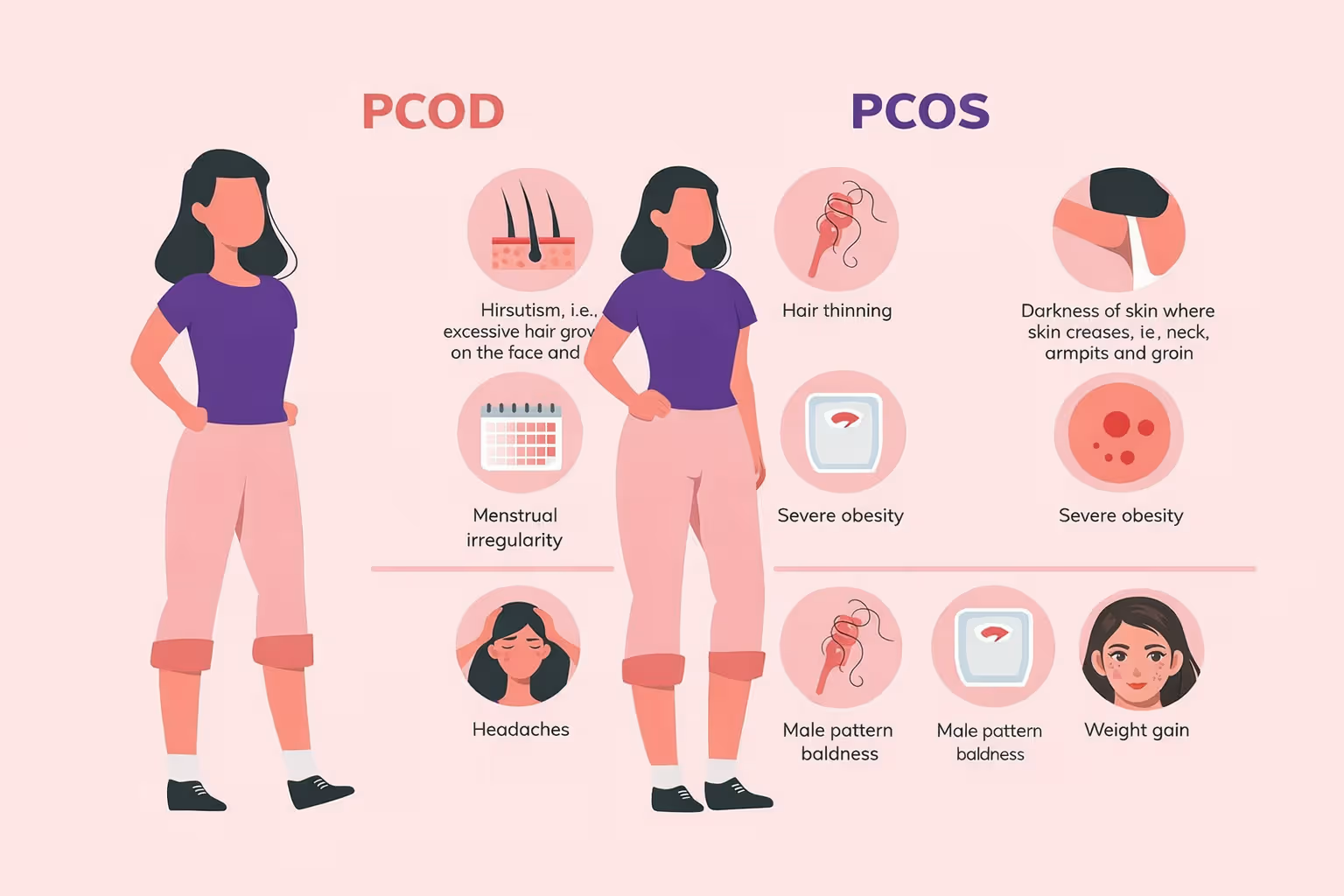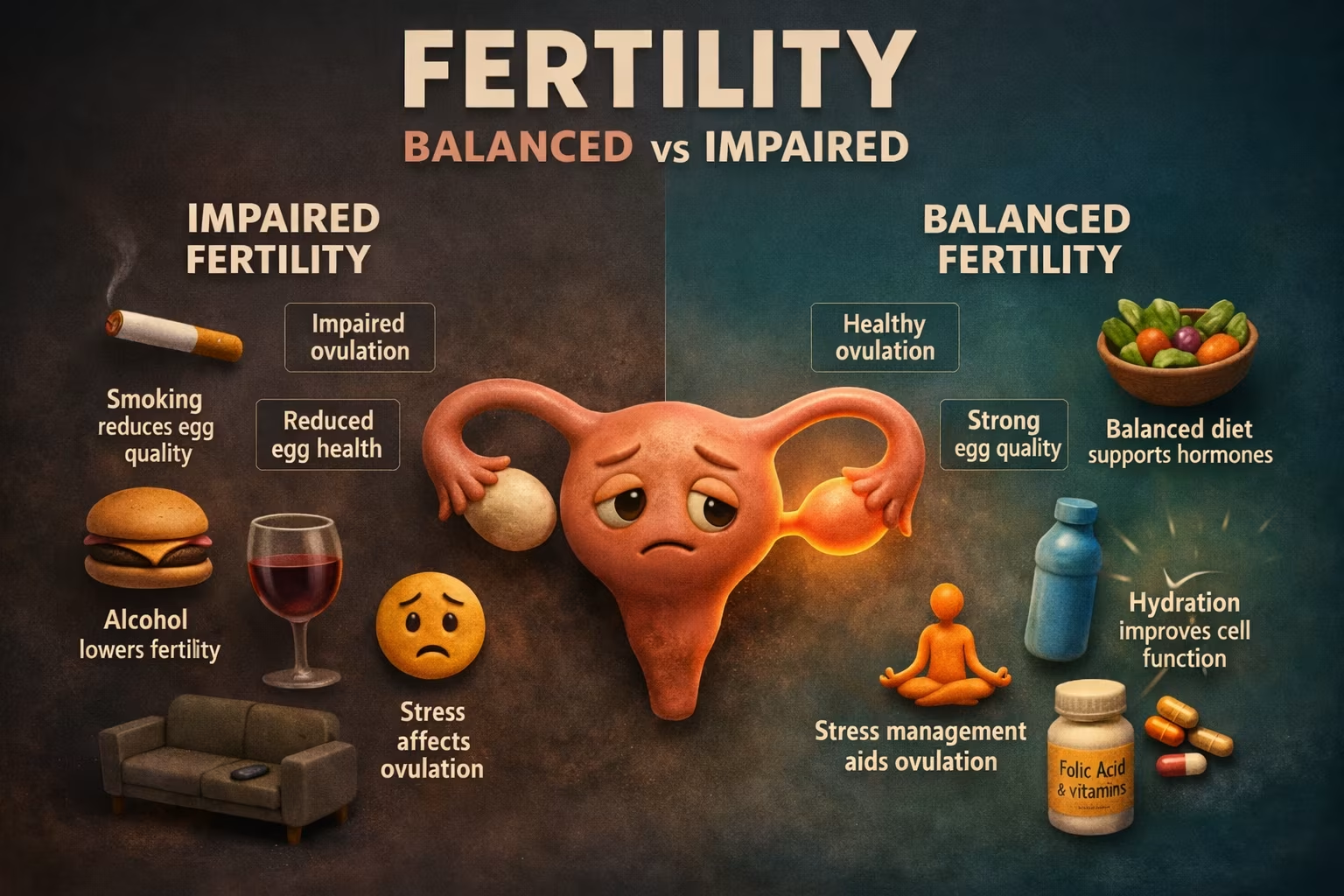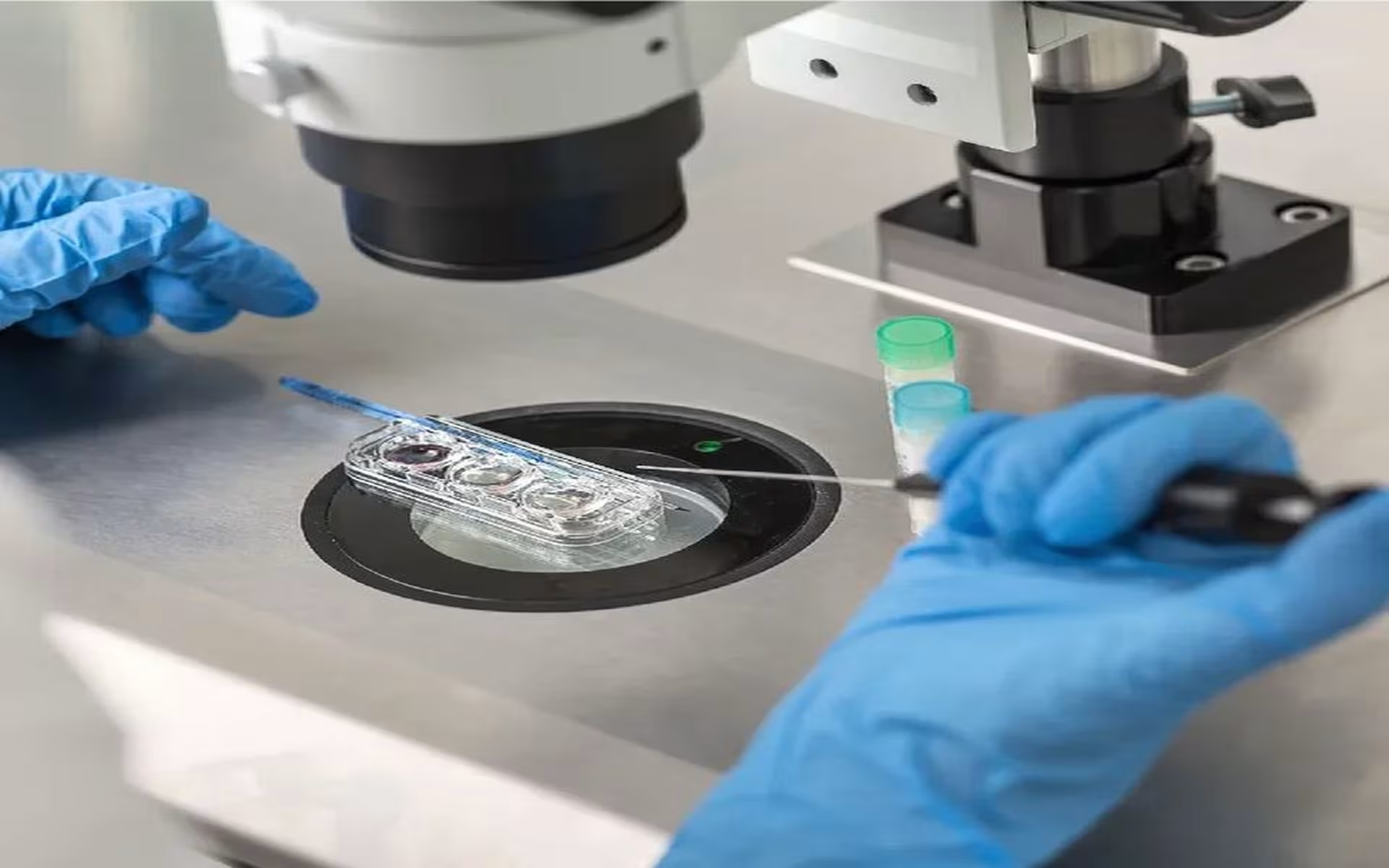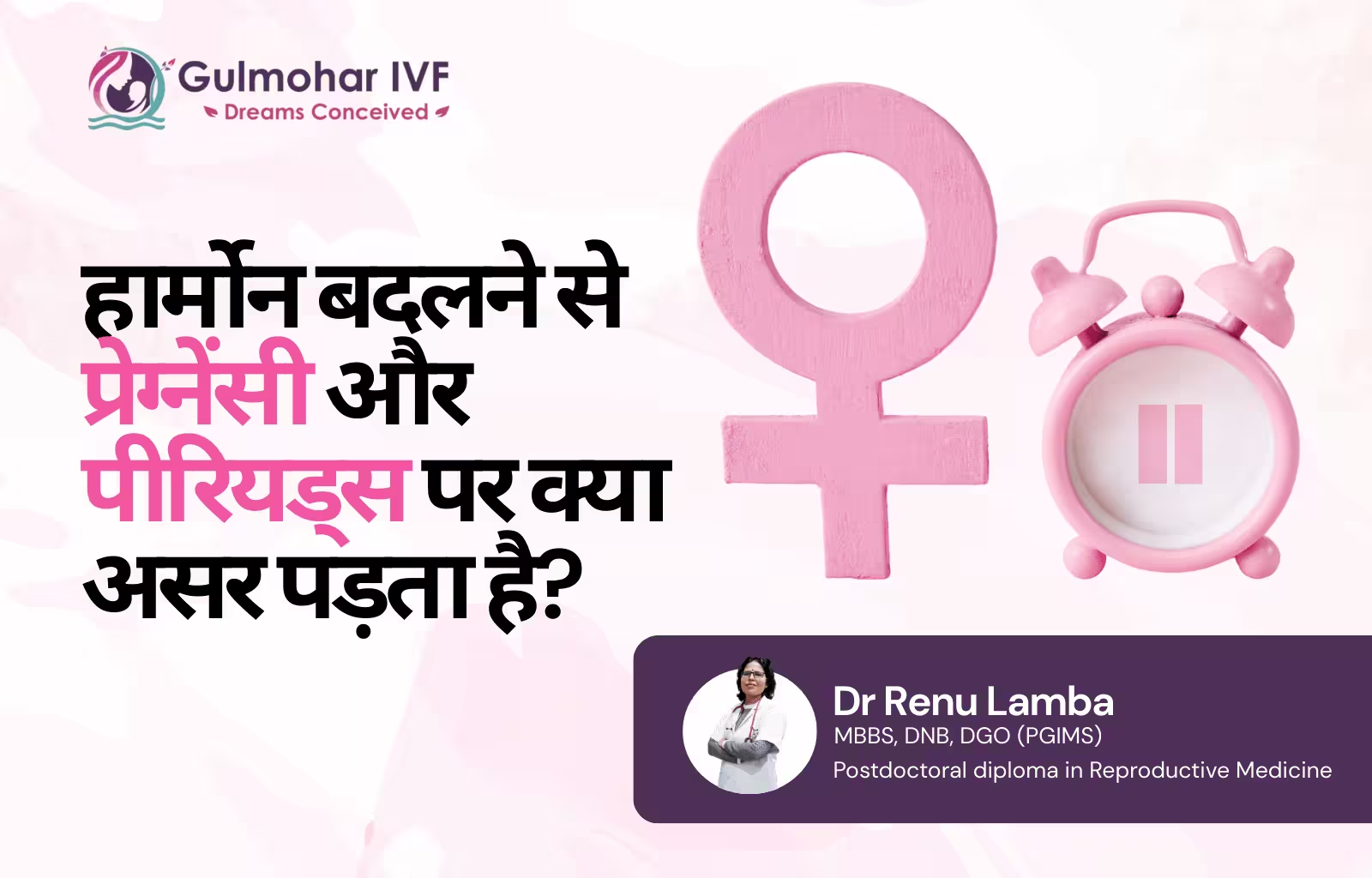Introduction
Understanding your ovulation cycle is one of the most effective ways to improve your chances of getting pregnant. Many couples struggle with conception simply because they are not timing intercourse correctly. By tracking ovulation, you can identify your most fertile days and maximize your chances of success.
At Gulmohar IVF in Panchkula, our fertility specialists, led by Dr. Renu Lamba, provide expert guidance on both scientific and natural methods of ovulation tracking to help couples conceive faster.
What is Ovulation?
Ovulation is the process where a mature egg is released from the ovary and moves into the fallopian tube. It usually occurs about 14 days before your next period in a 28-day cycle, but can vary with cycle length.
The egg is viable for 12–24 hours. Since sperm can survive up to 5 days in fertile cervical mucus, timing intercourse around ovulation is key to increasing the chances of conception.
Signs of Ovulation
Here are common ovulation signs that can help you identify your fertile window:
1. Changes in Cervical Mucus
Mucus becomes clear, stretchy, and slippery—like raw egg whites—around ovulation.
2. Basal Body Temperature (BBT) Increase
A small temperature rise (~0.5°F to 1°F) indicates that ovulation has occurred.
3. Ovulation Pain (Mittelschmerz)
Some women feel mild abdominal pain during ovulation, but it’s not always a precise indicator.
4. Cervical Position Changes
During ovulation, the cervix becomes soft, high, and open.
5. Breast Tenderness & Libido
Hormonal changes may cause increased sex drive and sensitive breasts.
How to Track Ovulation for Better Conception
Use a combination of the following methods for best accuracy:
1. Ovulation Calendar Method
Track your cycle length to estimate ovulation day using a fertility calendar or mobile app.
✅ Best for women with regular cycles.
2. Basal Body Temperature (BBT) Charting
Take your temperature daily with a basal thermometer to confirm ovulation.
✅ Best for hormone-free tracking.
3. Ovulation Predictor Kits (OPKs)
Detect the LH surge in urine, indicating ovulation within 12–36 hours.
(PCOS may cause false positives due to persistently high LH.)
✅ Ideal for irregular cycles.
4. Cervical Mucus Monitoring
Check daily mucus texture. Fertile mucus is stretchy and clear.
✅ For women comfortable observing physical changes.
5. Fertility Apps & Wearables
Apps like Clue or Ovia and devices like Ava can track cycles and predict ovulation based on body metrics.
✅ Best for tech-savvy users.
Best Time to Get Pregnant: Understanding the Fertile Window
The fertile window includes the 5 days before ovulation and the day of ovulation itself.
To increase chances of conception:
- Start intercourse 4–5 days before ovulation
- Focus on the 2 days before and day of ovulation
- Aim for intercourse every 1–2 days during this period
🔗 Explore fertility-enhancing tips
Lifestyle Tips to Boost Fertility Naturally
1. Eat a Fertility-Friendly Diet
Include leafy greens, whole grains, omega-3s, and zinc-rich foods.
2. Manage Stress
Practice yoga, meditation, or deep breathing.
3. Moderate Exercise
Light workouts like walking or yoga improve hormone balance.
4. Avoid Smoking, Alcohol & High Caffeine
These affect egg quality and ovulation.
5. Prioritize Sleep
Aim for 7–8 hours per night to support hormone regulation.
Frequently Asked Questions (FAQs)
1. How long does it take to get pregnant?
Most couples conceive within 6–12 months. If not, seek help from a fertility expert.
2. Can ovulation happen without symptoms?
Yes. Some women don’t experience obvious signs—use OPKs or BBT to confirm.
3. Does stress delay ovulation?
Yes, it can disrupt hormone balance and delay ovulation.
4. What if I have irregular periods?
Irregular cycles may require professional evaluation and personalized tracking.
5. Is ovulation tracking effective with PCOS?
Yes, but women with PCOS may need additional support due to irregular or absent ovulation.
Conclusion & Next Steps
Ovulation tracking is a proven way to boost your chances of conception. Whether you choose calendar-based methods, OPKs, or tech tools, understanding your cycle helps time intercourse accurately.
At Gulmohar IVF, our specialists offer tailored guidance to help you conceive naturally or with support if needed.
📍 Visit: www.gulmoharivf.com
📞 Call: 91 9780 355 355
👉 Book an Appointment Online
🛡️ Medical Disclaimer
This article is for informational purposes only and does not constitute medical advice. Please consult a qualified fertility specialist for diagnosis, personalized treatment, and professional guidance.









